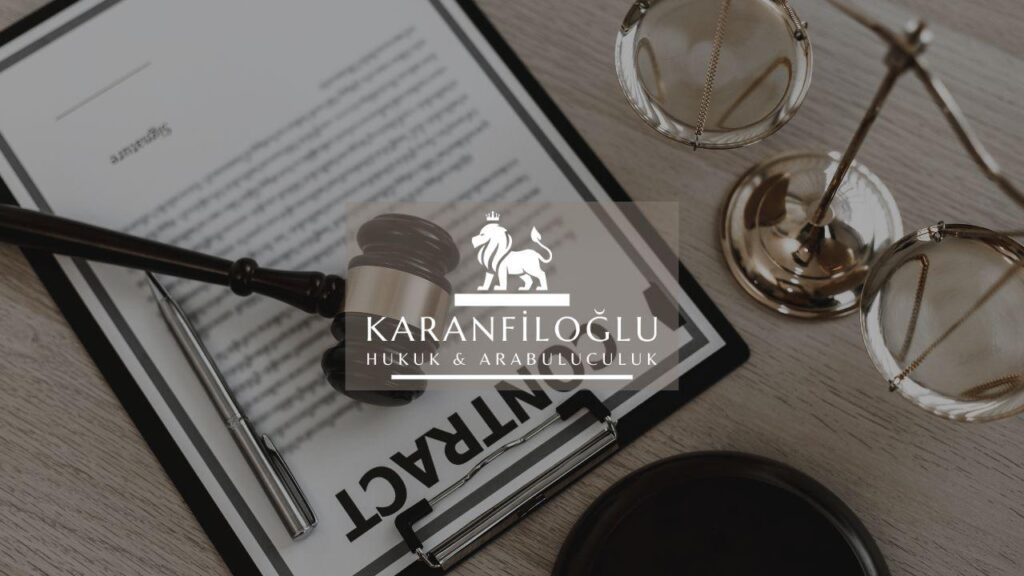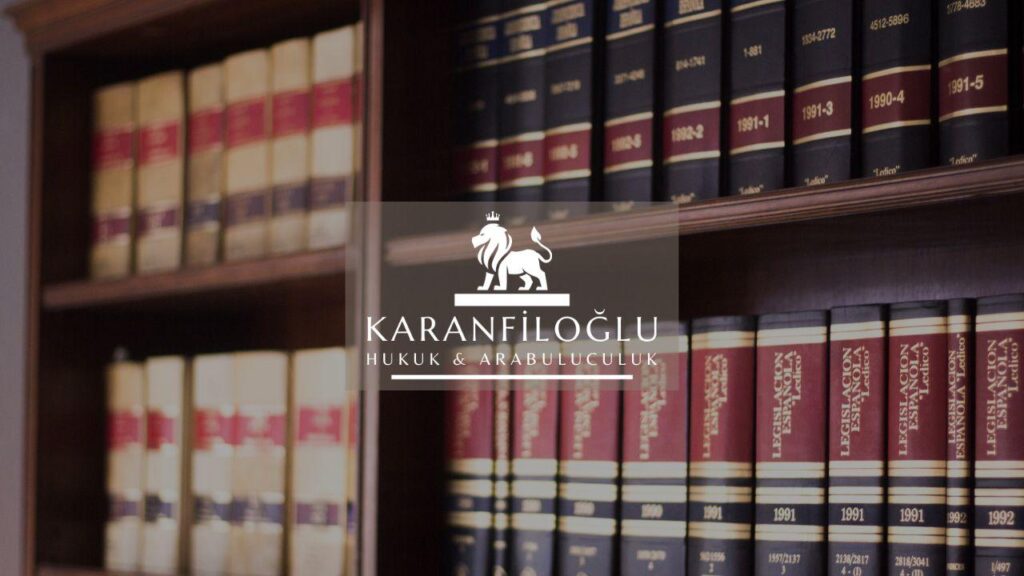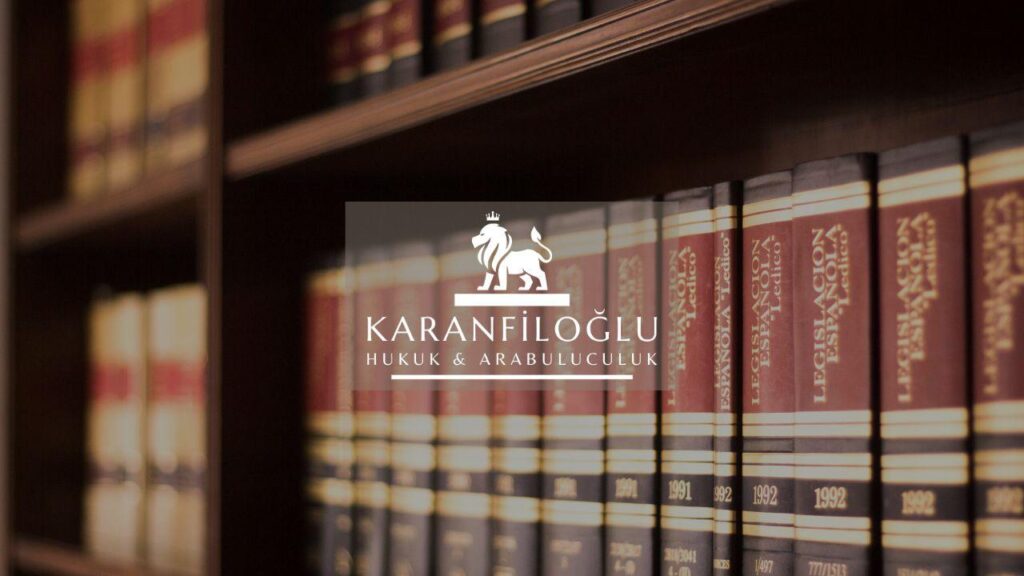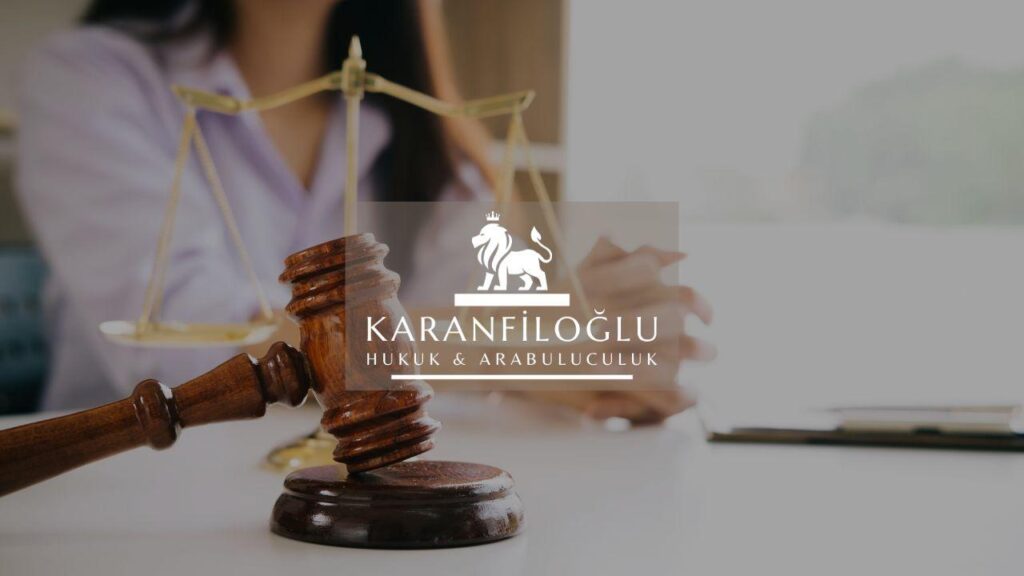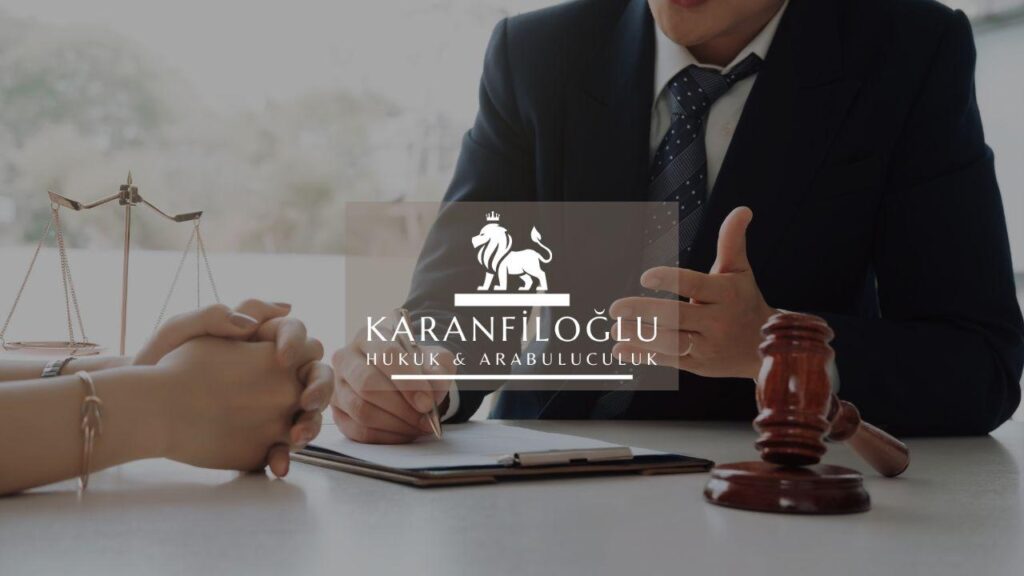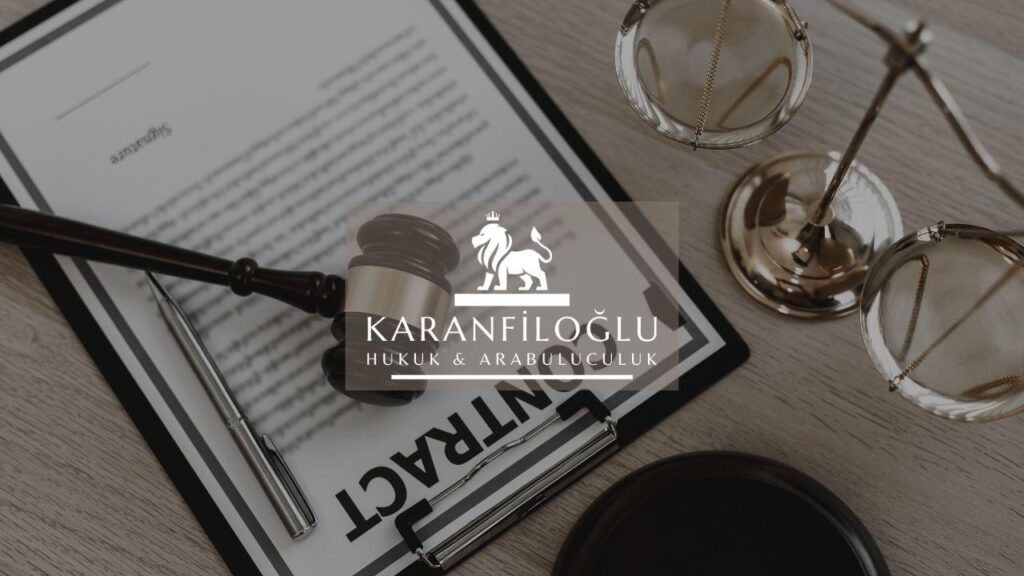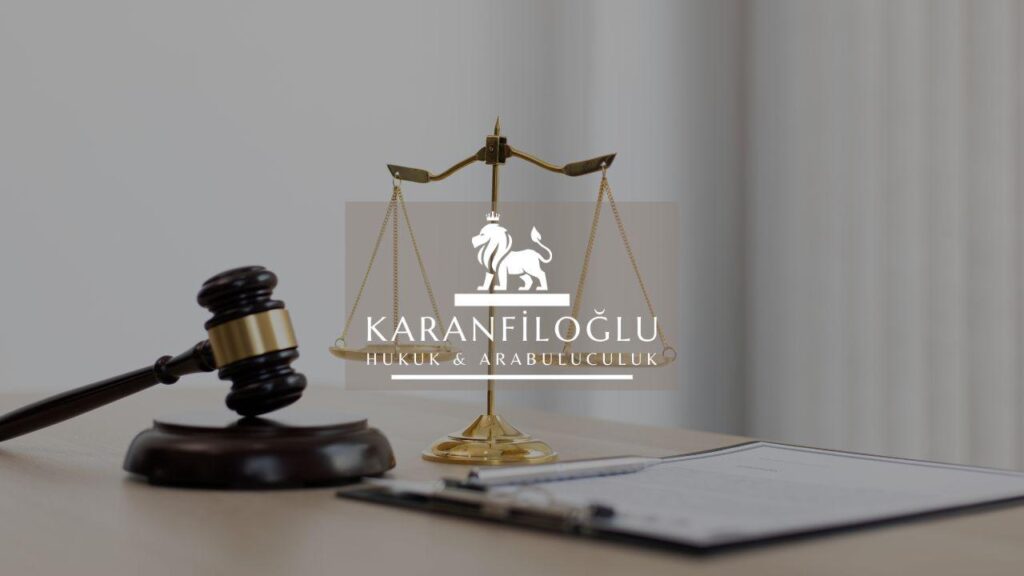At Karanfiloglu Law Office, we understand the critical importance of industrial property in safeguarding your intellectual assets. Turkey’s Industrial Property Law No. 6769 regulates trademarks, patents, industrial designs, and geographical indications, providing a robust framework for protecting these valuable assets. With globalization and technological advancements, having comprehensive knowledge and expert legal guidance on Articles 6-14 concerning trademarks, Articles 82-139 on patents, and Articles 55-81 on industrial designs, among others, becomes indispensable. Our dedicated team at Karanfiloglu Law Office ensures that you navigate these complex legal landscapes with ease, defending your rights and promoting innovation in accordance with Turkish law. Whether you are a start-up, an established business, or an individual creator, our services are tailored to secure and enhance your industrial property rights effectively.
Patent and Trademark Registration in Turkey: What You Need to Know
Understanding the process of patent and trademark registration in Turkey is essential for protecting innovative ideas and brand identities. Patent registration, governed by Articles 82-139 of the Industrial Property Law No. 6769, involves an application detailing the invention, which must be novel, involve an inventive step, and be industrially applicable. Trademark registration, covered under Articles 6-14 of the same law, requires a distinctive sign capable of being represented graphically and distinguishing goods or services. Filing with the Turkish Patent and Trademark Office initiates these processes, with rigorous examinations carried out to ensure compliance with legal standards. At Karanfiloglu Law Office, we assist clients in preparing, filing, and prosecuting patents and trademarks to secure their intellectual property rights effectively in Turkey.
A critical aspect of patent and trademark registration in Turkey is ensuring that all necessary documentation is meticulously prepared and submitted. For patents, the application must include a detailed description of the invention, the claims that define the scope of the protection sought, any relevant drawings, and an abstract summarizing the invention. Additionally, applicants must meet the requirements set out in Articles 90 and 91 of Law No. 6769, which specify how these documents should be formatted and presented. For trademark applications, Articles 11 and 12 of the same law stipulate that the graphic representation of the sign, a list of goods or services categorized per the Nice Classification, and a statement of use must be provided. At Karanfiloglu Law Office, our experienced legal professionals guide clients through the intricate steps of gathering and organizing necessary documents to streamline the registration process and enhance the likelihood of successful approval.
After submitting a patent or trademark application, it’s crucial to be aware of the subsequent procedures and potential challenges. During the examination phase, the Turkish Patent and Trademark Office rigorously assesses the application to ensure all criteria are met, as stipulated in Articles 98-101 for patents and Articles 8-10 for trademarks. This includes a thorough review of novelty, inventive step, and industrial applicability for patents, while trademarks undergo a similarity search to prevent conflicts with existing marks. If objections arise or additional information is required, applicants must respond promptly to avoid delays or rejections. At Karanfiloglu Law Office, we provide robust representation during this phase, addressing any office actions and defending opposition proceedings if necessary. Our proactive approach aims to resolve issues efficiently, ensuring that your patent or trademark is granted, thus safeguarding your intellectual property and supporting your strategic business goals in Turkey.
Enforcing Your Industrial Property Rights in Turkey: Legal Steps and Considerations
Enforcing your industrial property rights in Turkey requires a clear understanding of the legal steps and considerations outlined in the Industrial Property Law No. 6769. Firstly, identifying potential infringement is crucial and it can occur across trademarks, patents, and industrial designs. Once an infringement is suspected, the holder of the industrial property right must gather sufficient evidence to support their claim. According to Article 30 concerning trademarks, and Articles 139 on patents, the rights holder can bring a lawsuit for infringement. In many cases, seeking an injunction to prevent further unauthorized use can be an immediate remedy, as permitted under Articles 149 and 150. Moreover, Turkish courts may also award compensation for damages incurred due to the infringement. At Karanfiloglu Law Office, we assist our clients in navigating these legal steps adeptly, ensuring diligent enforcement of their rights to mitigate any financial or reputational harm.
Additionally, mediation is an effective alternative dispute resolution method encouraged by Turkish law. Under Articles 5 and 6, parties are often advised to engage in mediation before proceeding to litigious actions. This not only reduces the time and cost associated with lengthy court procedures but also allows for a more amicable resolution tailored to both parties’ needs. If mediation fails, the next step involves filing a formal complaint with the relevant court, supported by comprehensive documentation and witness testimony as evidence. Our legal team at Karanfiloglu Law Office meticulously prepares each case, ensuring that all procedural requirements, such as those outlined in Articles 191 and 193 concerning court proceedings, are fully complied with. This degree of thorough preparation significantly enhances the chances of a favorable outcome, thereby effectively safeguarding your industrial property rights in Turkey.
In the event that infringements are particularly egregious or persistent, the Turkish legal system also provides for criminal sanctions under Industrial Property Law No. 6769. Articles 30 and 141 stipulate that willful infringement of trademarks and patents may constitute a criminal offense, resulting in fines or imprisonment. Additionally, Article 84 concerning industrial designs allows for similar punitive measures. By taking such stringent actions, the law aims to deter would-be infringers and uphold the integrity of industrial property protections. At Karanfiloglu Law Office, we not only handle civil enforcement but are also adept at navigating the complexities of criminal proceedings related to intellectual property rights. Our comprehensive approach ensures that your assets are protected on all fronts, providing you peace of mind and enabling you to focus on innovation and business growth without the looming threat of infringement.
Recent Amendments in Turkish Industrial Property Law and Their Implications
In recent years, Turkish Industrial Property Law No. 6769 has undergone significant amendments to align with international standards and enhance protection mechanisms for intellectual property holders. Notably, the revisions have introduced more stringent regulations pertaining to the registration and enforcement of trademarks, as outlined in Articles 7 and 8. These changes aim to streamline the trademark application process, reduce the likelihood of fraudulent claims, and bolster the defenses available to rightful owners. Additionally, Articles 91 and 102 have been revised to simplify patent examination procedures and enhance the scope of patent protection, thereby fostering a more innovation-friendly environment. The amendments also include updates to Articles 66 and 74, providing clearer definitions and stronger protection for industrial designs. These regulatory improvements not only ensure better compliance with European Union directives but also offer more robust legal safeguards for your industrial property, making it imperative to stay informed about these changes and seek professional advice from Karanfiloglu Law Office.
Another crucial area impacted by the recent amendments is the protection of geographical indications, vital for preserving the unique identity and quality of local products. Articles 86 to 92 have been updated to provide stricter measures against misuse and unauthorized use of geographical indications, ensuring that products like “Antep Baklavası” or “İzmir Tulum” maintain their authentic heritage and reputation. The revised law enforces more rigorous registration criteria and monitoring mechanisms, making it harder for counterfeit products to infiltrate the market. For businesses, this means greater assurance in maintaining the integrity of their region-specific goods, catapulting authentic local products onto the global stage. At Karanfiloglu Law Office, we are adept at navigating these new legal intricacies to safeguard your geographical indications effectively, ensuring they remain a symbol of quality and authenticity in compliance with Turkish law.
Furthermore, the amendments have introduced significant improvements in the dispute resolution and enforcement mechanisms, particularly in combating intellectual property infringements. Under Article 154, the law now provides clearer guidelines for initiating infringement actions and securing provisional measures, such as preliminary injunctions, to prevent ongoing violations. The enhanced enforcement provisions also include stricter penalties and damages for infringement cases, detailed in Article 155, thereby acting as a stronger deterrent against potential violators. Additionally, the improved procedural aspects allow for faster resolution of disputes through the courts, ensuring that intellectual property owners can enforce their rights more efficiently. At Karanfiloglu Law Office, we are equipped with the expertise and strategies to leverage these enhanced legal tools, ensuring that your industrial property rights are robustly defended against any infringement, fostering a legally secure environment for your innovations and creations.
Disclaimer: This article is for general informational purposes only and you are strongly advised to consult a legal professional to evaluate your personal situation. No liability is accepted that may arise from the use of the information in this article.

